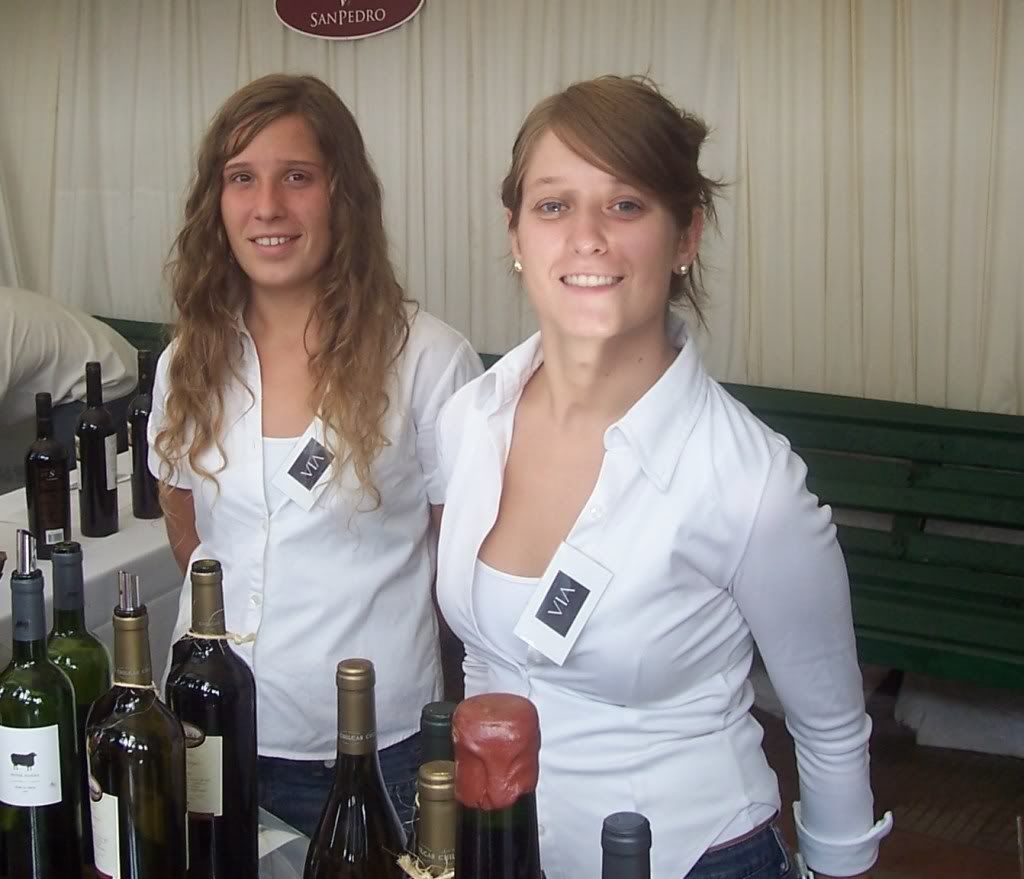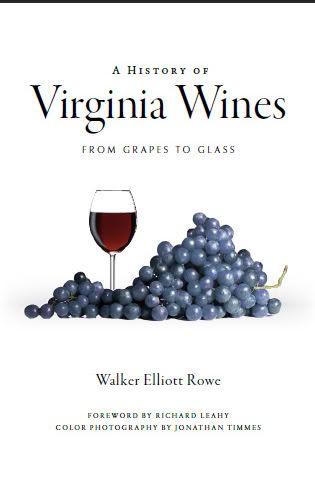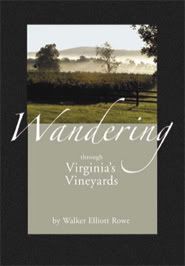I first read Thomas Mann's "Death in Venice" when my friend William gave it to me to read. I did not know it at the time but its theme contained a subtle message.
Mann's book is a collection of short stories the most famous of which is "Death in Venice". In the story an aging writer, Aschenbach, travels to Vienna to shake off the malaise that has begun to bother his well-ordered world. There he spots a 14-year-old boy with "honey colored hair" who is travelling with his family. Aschenbach is infatuated with the boy. He sits on the beach in the morning waiting for the boy to emerge from the surf with his bathing suit and pastel skin. He is thrilled when the boy passes within a few feet of the author. After some time the boy realizes he is being stared at and pursued, so he makes eye contact with the writer. The effect of the novella is like that of Vladimir Nabokov's "Lolita" whose middle-aged protagonist longs for the affections of an underage girl. In both cases the reader is slightly bothered yet highly intrigued by this titillating fare.
William was the godfather to my eldest son. But he has forgotten that obligation and has dropped out of our lives. Years before, I had lost touch with William for perhaps 10 years when one day he sent me a letter. He had moved to Washington to work for a catholic think tank where he worked as marketing director. To reach out to armchair intellectuals like myself, the think tank had purchased the list of subscribers to "The Economist" magazine. There, William found my name and penned me a note.
William was a genuine scholar and pedagogue who introduced me to highbrow literature, symphony, and opera when I was in high school. While the other boys, including my brother and stepbrother, were going to parties, I crawled deep inside myself and pour my efforts into books. With William I found a friend with common interests. Further he taught me exactly which books to read and which themes to study. He dismissed as trivial and not important those books that we generally called "the grocery store genre" of literature.
William lived a surreal existence with his middle-class parents. His mom, dad, brothers, and sisters lived upstairs in their quaint suburban house. One of William's brothers had greasy hair and hung out with the kids who took drugs. But William cut himself off from his family--who he dismissed as proletarian philistines--and lived in the bottom of the house where he took care of his grandmother who was suffering some form of dementia. She was English, so William became an Anglophile.
William built a wall around a corner of the family room downstairs and that became his bedroom. There was a bed there, but it was really more like a study. The walls were lined with expensive books. He had bound copies of "Tom Jones" and "Walden Pond" plus row after row of works on the presidency of Richard Nixon, John Kennedy, and the entire collection of the writings of Thomas Jefferson. William had worked at White's department store in high school which is one way he financed his expensive book collection. He always had money whereas I was usually broke.
I came over to William's house after school when I was old enough to drive. He introduced me to the pleasure of brewed tea. We would sit in his study while he carefully brewed Earl Gray, Prince of Wales or other Twinings teas. He would put three spoonfuls of tea in the infusor and drop that into the teapot and then covered it with a cozy for the obligatory 5 minute brew. William explained that one needed one spoon for each person plus "one for the pot". His English grandmother had taught him about tea.
William had complete collections of Tchaikovsky, Bach, Brahms, and a whole retinue of opera. We would listen to original recordings of Maria Callas and chat while I marveled at his book collection. Later he taught me even more about opera as we went to the Metropolitan Opera in Washington and the National Opera in Washington perhaps one dozen times. I spent a few thousand dollars buying orchestra seats for William and myself. Since he was a scholar he could not afford the same.
I was always borrowing books from William taking care to return when I finished. I borrowed and read Henry David Thoreau's "Walden Pond". Thoreau was a man of conviction who tossed aside all his worldly comforts and went to live along in the woods with only his books and thoughts to comfort him. William was such a man--living alone in the world, he was absolutely comfortable as a scholar. So he was a misanthrope.
William also introduced me to the Sunday "New York Times". In those days in Greenville, South Carolina the only way to get "The New York Times" was to prepay $5 for it at one particular pharmacy. Then on Sunday we would drive over and pick it up and spend countless hours pouring over the Book Review and the Arts and Leisure sections. William had an affinity for New York having living in Staten Island for many years until his family moved South.
Wanting to show me the haunts of his youth, William and I saved our money and bought a ticket on Eastern Airlines and flew up to New York for the weekend. We stayed with his two Aunts on Staten Island. William was such an anachronism that he had more in common with his aged aunts than the typical highschool kid. We were watching a television show where they invited you to recognize television actors from yesterday. William could readily point out Sid Ceaser, Milton Berle, and a host of actors I had never heard of.
We took the train and then the Staten Island ferry over to Manhattan to see "La Boheme" at the Metropolitan Opera at Lincoln Center. This was in 1978. Opera is usually expensive, but the Met, like the Paris Opera, reserves an area called the "family circle" where sit for only $25. I still go there and sit way up in the air where the seats are cheap. If you had vertigo you might faint at this height. For the stage is a hundred feet below and absolutely straight down. William saved the playbill from that opera, framed it, and gave it to me years later.
William also introduced me to the pleasures of reading "The New Yorker" magazine. He also loaned me a copy of Brendan Gill's memoir of working at that magazine, "Here at the New Yorker", which I recently reread. "The New Yorker" is not really a magazine about New York. Rather it is a general interest magazine. It includes long profiles on politics, science, literature, and any topic, which can be highlighted in a longwinded, narrative manner. To like it, you have to be a genuine bibliophile, like William and myself, to appreciate its depth of reporting and analysis. But for William and I, this was our entr饠into the intellectual circles of Manhattan in the far-flung provinces of South Carolina.
Other books that William loaned to me included Peter Mayle's "Toujours Provence" and the sequel. I also read "French Dirt" which was a memoir of one American's summer spent tending a garden in provincial France. I so loved the title that I have adopted it for a book, "Virginia Dirt", which I am writing about my vineyard in Virginia.
William and I both worked on the high school newspaper. When we were seniors he was the editor and I was the assistant editor of "The Eagles Cry" at Eastside High School in South Carolina. Elevated to positions of power, we had the newspaper in our control and could do what we wanted. Our desire was to make the otherwise amateur-looking forerunner look grey and staid like "The Wall Street Journal". It was great fun for we wrote and edited articles on culture, theater, books, and movies--every subject except the school itself. (I played on the soccer team, so I was able to write able myself when I kicked a goal to win a tournament game. It was one of my few moments of glory--I was fairly good at soccer but other boys, those who were natural athletes, were better. ) The only time we clashed with the teacher who oversaw the class was when we were compelled to produce the obligatory issue concerned with such mundane matters as who is the most popular, funniest, most likely to succeed students. William and I opted out of that issue and the teacher published it without us. Meanwhile the most popular and likely to succeed students went on to lives as run-of-the-mill salesmen while we would achieve some tiny measure of notoriety and an appreciation for the humanities. After all, in this era being a "geek" is very much in vogue.
William and I sat together with Mike and other friends at lunch. We usually played the card game of hearts. We we're exactly odd and we weren't exactly popular. It was just safe and easy to be with people that we considered our peers. I did not run with the cheerleaders and football players at school. (Ironically the coach very much wanted our athletic friend Mike to play football.) Mike and I were soccer players, which put us in an odd minority. I noticed that some girls looked at me, but I was generally too naﶥ or stupid to do anything about that. Looking back I could have easily moved over to hang with the popular crowd--I just did not. William, however, had no such doubts. He was where he wanted to be. He did not play soccer, however. With his pale white skin he never ventured outside unless it was absolutely necessary. I doubt he had ever even broken into a run in an entire life of walking.
William studied every facet of Richard Nixon's presidency and introduced me to the same. He taught me about Deep Throat and Watergate some 10 years after the events had transpired. He had read all the books written by Dean, Colson, Liddy, and the rest of the White House burglars and spies. So William was jealous when the Republican Party invited me to order an autographed edition of Nixon's biography and not him. I had given the GOP the lofty sum of $15 so I was on their mailing list. To get around this difficulty, we made a copy of the order form then mailed in two. So each of us bought a copy of this handsome blue book with President Nixon's autograph in the front.
William was also a fan of the Kennedy administration. We had another friend, Paul, who likewise was an enthusiast of the Kennedy presidency. Paul too was an anachronism driving a long, old station wagon whose color he called "sea green". That car might have been as old as the Kennedy presidency itself. Like William, Paul collected presidential memorabilia. He could mimic President Kennedy's voice and mannerism. With spectacles hanging over his nose you might have thought both were the same.
Paul was an outgoing fellow who had lots of female hangers-on. He held court every night at the local Pizza Hut where the giggling waitresses there kept a table open for him. Paul would sit there for hours and entertain everyone with his conversation and mannerism. If we set there long enough, the waitresses would bring us a free pizza. Paul was like the rest of us, rebels against the status quo but too conservative to be considered bohemian. Paul aspired to go to Bob Jones University and cut his hair short. He was deeply religious, as was William. As for myself, I only went to church, because my parents made me go.
Paul and William no longer talk to each other. I suspect the reason for this is the same as the theme of Thomas Mann's novella. There was a certain sexual tension between the two boys that I perhaps only understand today. I think that William thought that Paul could be his paramour but rather his loved was unrequited. I venture this guess, because when I asked William what happened with Paul he avoids the subject with some embarrassment and says they had a falling out.
William never talked of homosexuality, but thinking back I am sure that is why he has disappeared from my life. He also dropped out of site and cut off relations with other friends. The last time we met it was at a restaurant in Washington. We were slightly stoned from drinking martinis. I was glib and chatty, so I flirted the Asian waitress and got her phone number. (I took her out the next weekend.) For that William said I was a "wolf". For me that was just what men do, for William that must have been some kind of frustration.
When William left high school he went to college in Charleston, somewhere in Florida and then Philadelphia. He earned two degrees in theology. He had wanted to be a Baptist minister, but like Cardinal Neuman he decided to convert to Catholicism. William did this after he had gone to two Protestant schools. Cardinal Neuman famously wrote about his conversion to Catholicism in his book "Apologia Sua Vitae". William gave me a copy of that to read and I understood not a word.
When I reconnected with William in Washington, D.C. his life was still fairly much the same. He still lived the life of a scholar and was still was without any lovers, male or female. He worked at perhaps the most famous Catholic think tank in Washington and wrote art reviews for "The Washington Times" newspaper. William had realized his dream for he had become a genuine scholar. A famed intellectual scholar even shared a byline with William when they co-wrote a book. Still William was jealous of the other scholars at the institute. They had fancy houses and their kids went to fancy schools while William lived in a tiny apartment.
William's apartment in Washington was similar to his study in Greenville. The walls of his books were lined with books I had seen before, but now he had entire sections on Catholicism and Judaism. He was deep into Catholic thinking and told me that "Catholicism is the only religion which holds up under intellectual scrutiny." The character Naphta in Thomas Mass's "The Magic Mountain" says the same thing. He dismisses Protestantism as something based on mysticism. There could be no more devastating indictment that that.
I was fascinated with all the books that William had in his apartment. He introduced me to Jean Paul Sarte, although I only read his novel and not his philosophy. Through William I learned to enjoy Oscar Wilde. William introduced me to Judaica. It seems to be a theologian--of any affiliation--one needs to study the Jews. William loaned me his copy of "The Rise and Fall of the Third Reich" plus William Styron's book on depression. I also read C.S. Lewis's "Mere Christianity" which is a sound argument that there must be a god.
William suffered from depression for a time while I had suffered from anxiety. So this was a topic that we talked about at length. In his memoir on depression, William Styron described the feeling that William said he suffered. For days on end he would simply drop out of life and crawl into his bed while his black mood descended on him. The doctor gave him Zoloft, which he said soon became "his best friend." But William was too much a religious person to want to live a life propped up by medicine. So he gave up Zoloft and found solace in the church, I presume. Or perhaps he just got better.
William had a couple of friends in Washington Dan and his brother. Both were political activists who fought was against abortion. Dan's brother was something of a polymath. He ghost wrote a book on Albert Gore for a Washington publisher. He read one difficult book after another but had no social skills to go with his wide learning. He would show up at this Catholic think tank where William worked and ask erudite questions of whoever was giving a lecture. But then George, who ran the institute, would get annoyed because this fellow would pigeonhole the visiting scholar. Dan and his brother were good friends with William but then turned on him viciously. They said he was a misogynist. They were the first to mention to me that William might have been a homosexual.
William has disappeared from life to climb into the catacombs of the Catholic Church. He gave up the life of a paid scholar to become an impoverished priest. I think William has simply run away from the world and is seeking solace in the Church. The Catholic Church is, of course, home to many homosexual men whose sexual frustration has driven them to live a life of professed celibacy.
Tuesday, April 22, 2008
Subscribe to:
Post Comments (Atom)






No comments:
Post a Comment